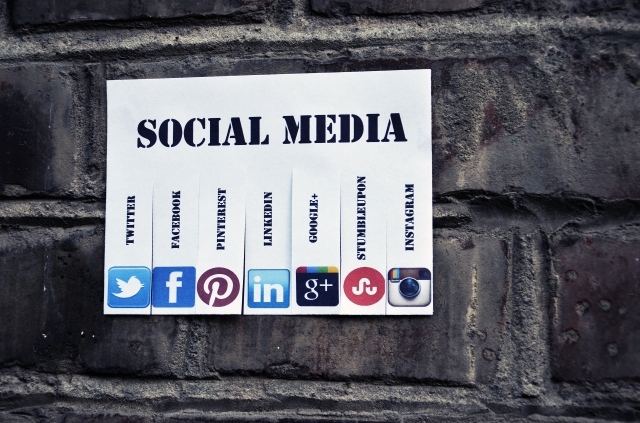We live in a world of instantaneous updates.
Every second, terabytes of data are sent throughout the world, whizzing silently past our ears and into our phones or computers, giving everyone who is connected virtual access to one another.
Talking with people on another continent is effortless. Purchases are made from sellers around the globe, and social media allows us to let the world know how we feel about the products we bought or any other topic we want to discuss.
We live in the Information age… and one of the biggest names in the game is Facebook.
Do criminals get a pass on Facebook?
Facebook, with 1.8 Billion active users, is a primary conduit for this endless stream of information. With a mission to “connect the world,” the platform continues to evolve, adding feature upon feature to enhance user experience.
Recently, the social media giant released two new updates for members: one is an option to livestream videos; the other is the ability to add a flag to the upper left corner of your profile picture.
Both of these innovations have been subject to debate: Does livestream sanction illegal behavior? Do the flags promote discrimination? Could they actually do more harm than good?
Should those who watch a crime, but don’t report it, be charged too?
Livestreaming is used by companies like Disney, Airbnb, BuzzFeed, and even the Metropolitan Museum to communicate with followers and customers, allowing them to gauge reactions, garner interest, and build buzz. So far, so good.
But, most Facebook users aren’t corporations, and the new capability is tailor-fitted to the average human’s need. It’s a way to allow us to “be” with our friends and experience what they’re experiencing in real time, making sure we don’t miss out.
But as always, there is a catch.
Livestreaming in general has always been problematic. Most companies prefer the sleeker and more polished look of rehearsed and edited videos, but they can’t ignore social media tools as powerful as the livestream.
As with anything done live, mistakes can and will be made. Every small blunder that could easily have been edited now has the potential to become a major gaffe. Done well though, it provides a connection to the customer that’s more genuine and refreshing compared to the tuck-in perfect world we live in today.
But Facebook doesn’t limit livestream to large companies. Now, even children can stream video directly to the internet.
Pauline Stockhause, social media and lifestyle strategist, wrote about a girl of 13, streaming a video where men engaged her with inappropriate comments. Though the teen was laughing and generally dismissing these, Pauline noted that these men kept on, encouraging her to take her clothes off.
What was most troubling though, was that this video had location sharing enabled, allowing anyone to track her down. Another incident includes a child of ten, showcasing his house and giving too much information about his parents and where he lives.
In the first year Facebook Live was opened to consumer use, the platform hosted many acts of violence, including murders, suicides, and even a gang rape. In March 2017, a 15-year-old girl was raped by five or six males, and the horrendous event was streamed live on Facebook.
About 40 people were reported to have watched it, but did nothing, raising a question on whether the audience is part of the crime. Facebook has a team tasked with monitoring live videos when they’re reported as against the rules or are garnering large amounts of views, but that effort doesn’t appear to be stopping the abuse.
Do flags promote discrimination?
With the amount of terror and negativity in the world, people are also debating the new option of adding flags to profile pictures. Though it was a move that Mark Zuckerberg insists is one that would encourage people to create a “global community,” it seems that it’s much more prone to do otherwise.
Flag overlays were used, for instance, to engender solidarity after terrorist attacks, but many users complained that refugees in Syria, for instance, deserved as much sympathy as bomb, knife, and bus victims in Paris. With flag creation tools, it’s now possible to create any flag you want and post it online.
Will flags move national borders from the map to the Facebook profile? Will the resultant disagreements and name-calling cause unnecessary turmoil? That remains to be seen, but it certainly seems possible.
Has Facebook gone too far? You decide.
In the end, Facebook and the other social media sites are tools. And like any other tools, it’s up to us to use them for good or for bad,
Technology connects the world and allows people to experience what they wouldn’t otherwise. But technology doesn’t do the job completely.
It’s up to us to create the community.
Abel Cane is still trying to figure out whether Facebook is better then sliced bread or more dangerous than picking your own mushrooms. He’s still not sure. Hook up with Abel @boomalive.
